9 Habits of Data Fluent Organizations — and How to Learn Them
Juice Analytics
APRIL 6, 2021
With our book , resources and workshops, we’ve shared guidance about what it takes to become a data fluent organization. Most of all, it starts with cultural habits that get people focused on using data in their decision-making. Habit 2: Create a shared vocabulary for your data What is an “active user”?

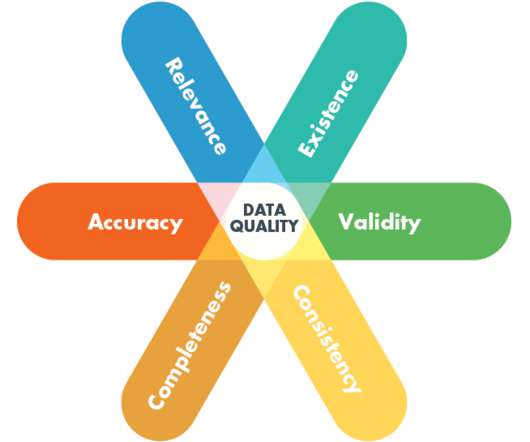
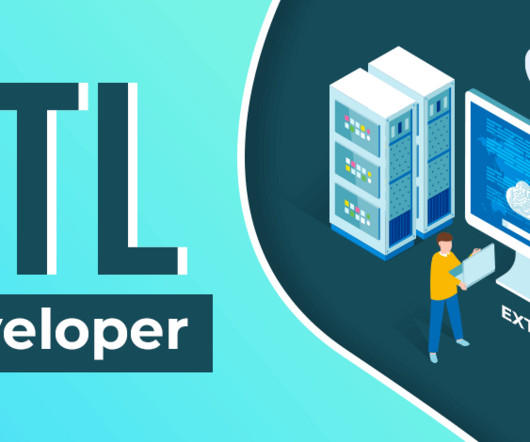
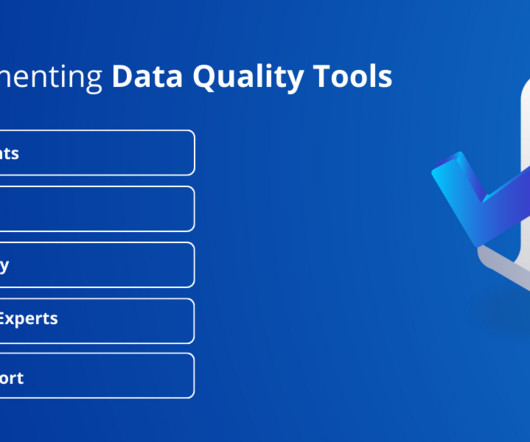
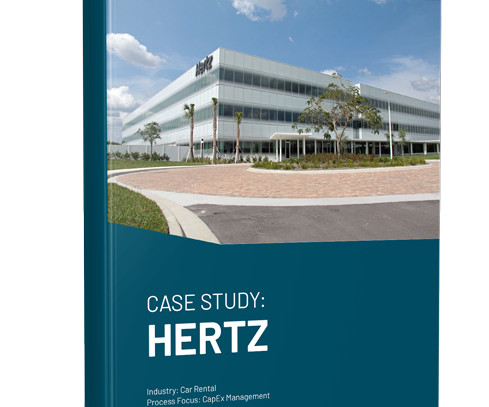
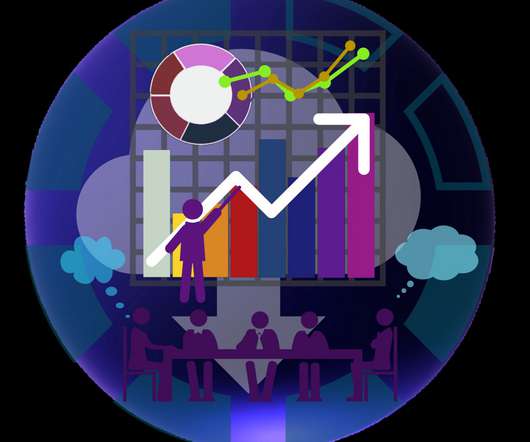
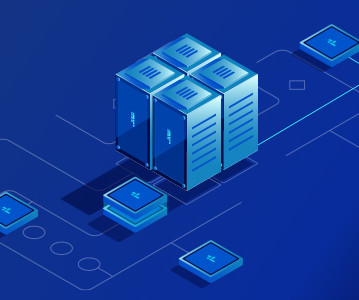

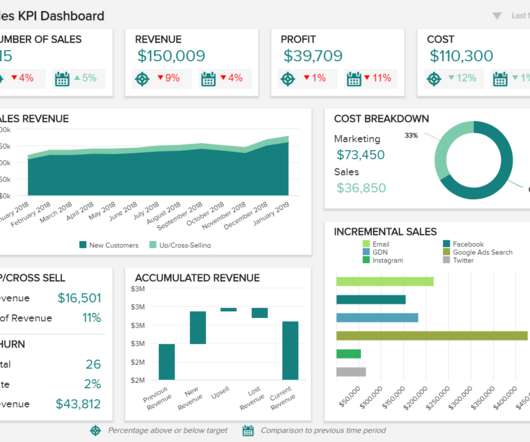






Let's personalize your content